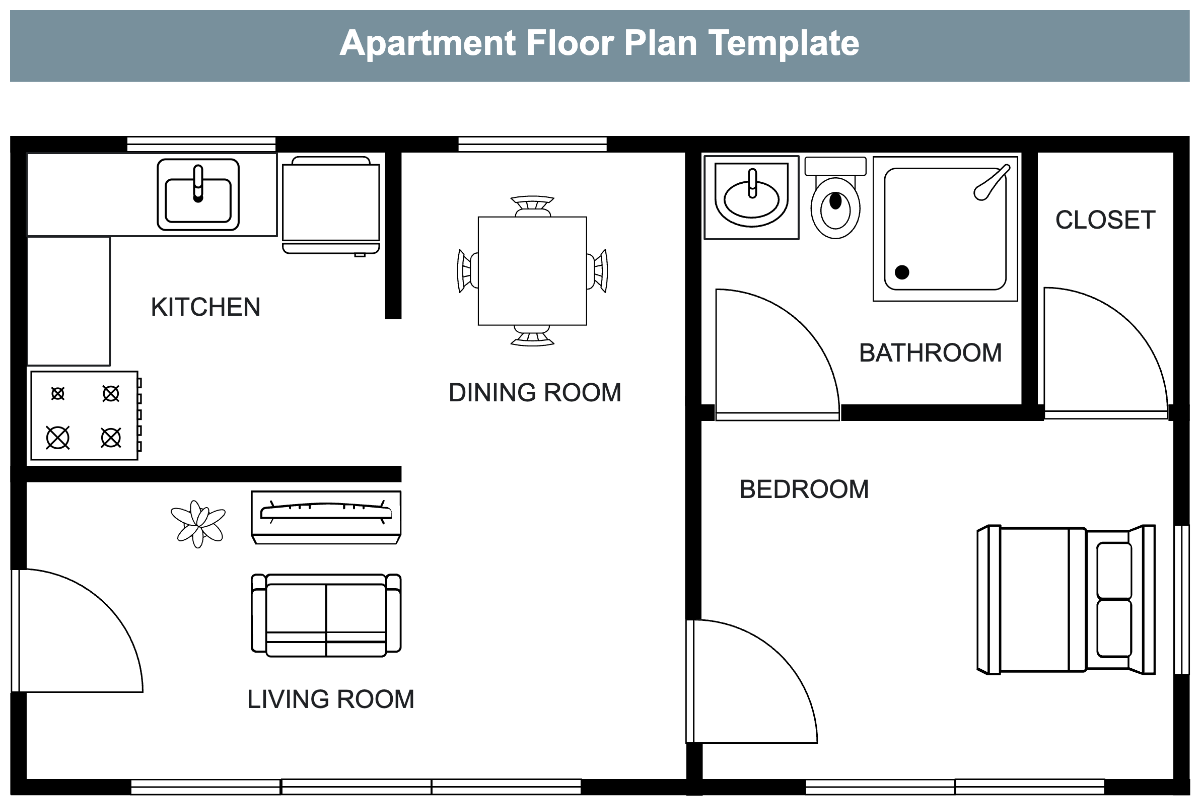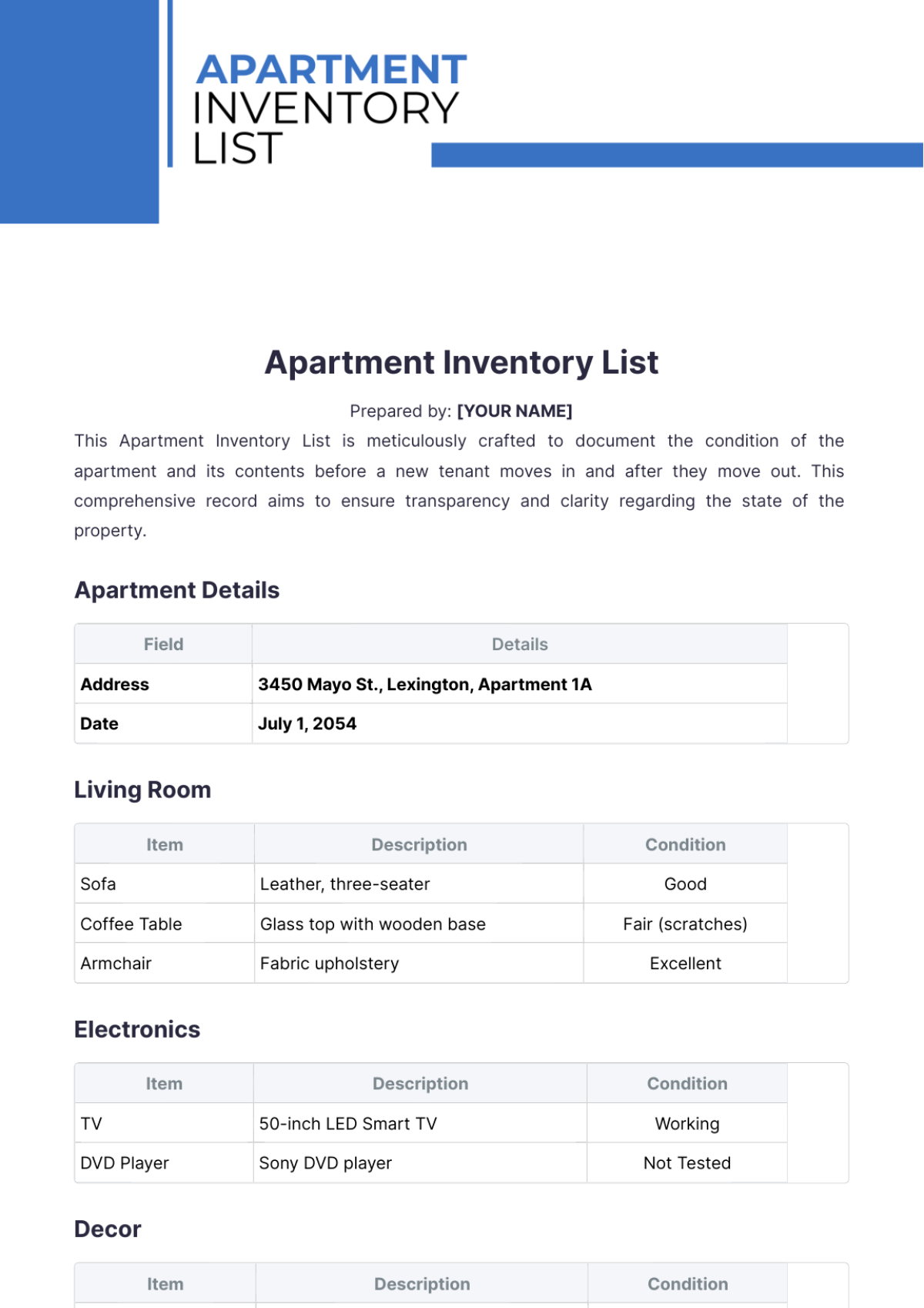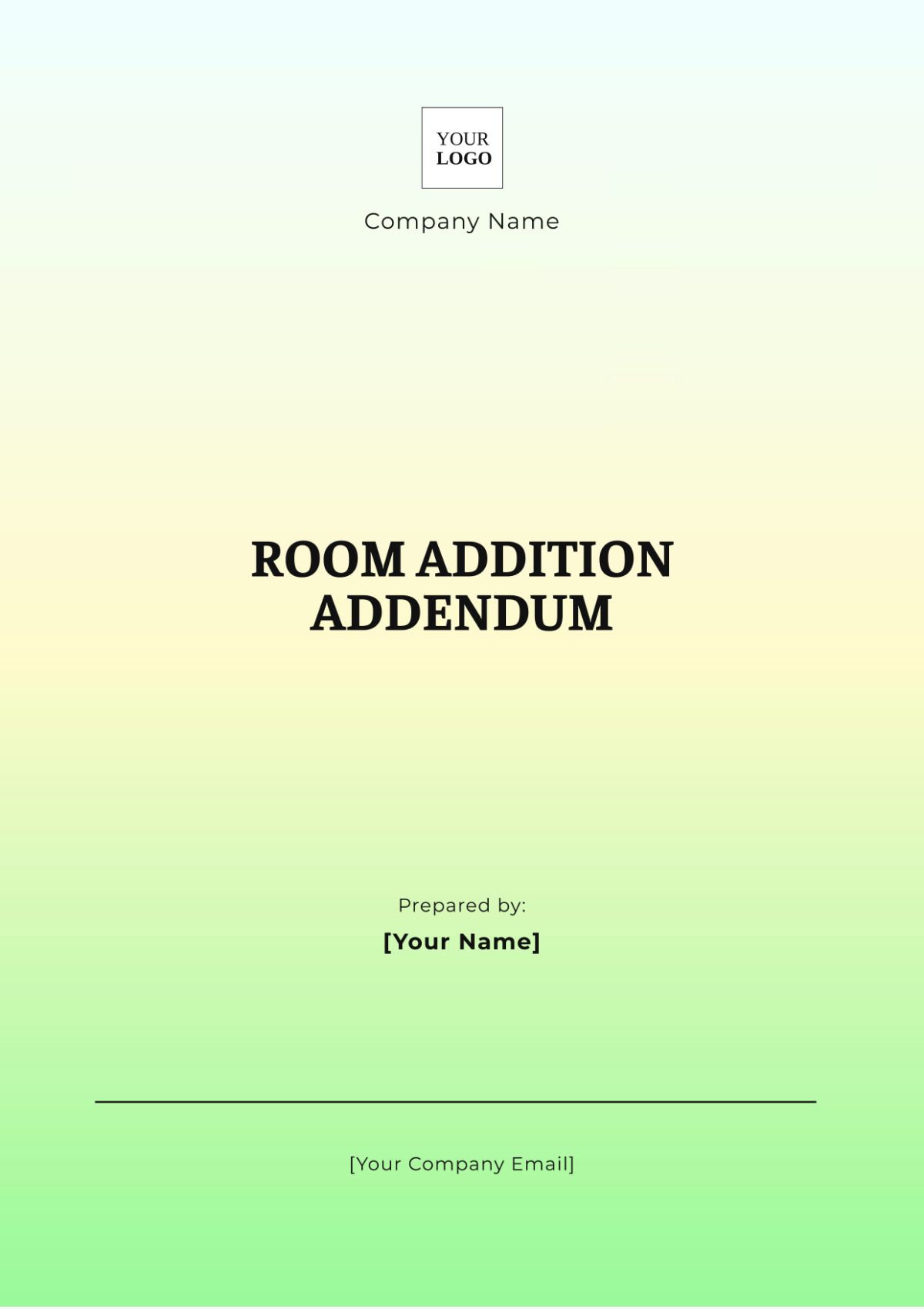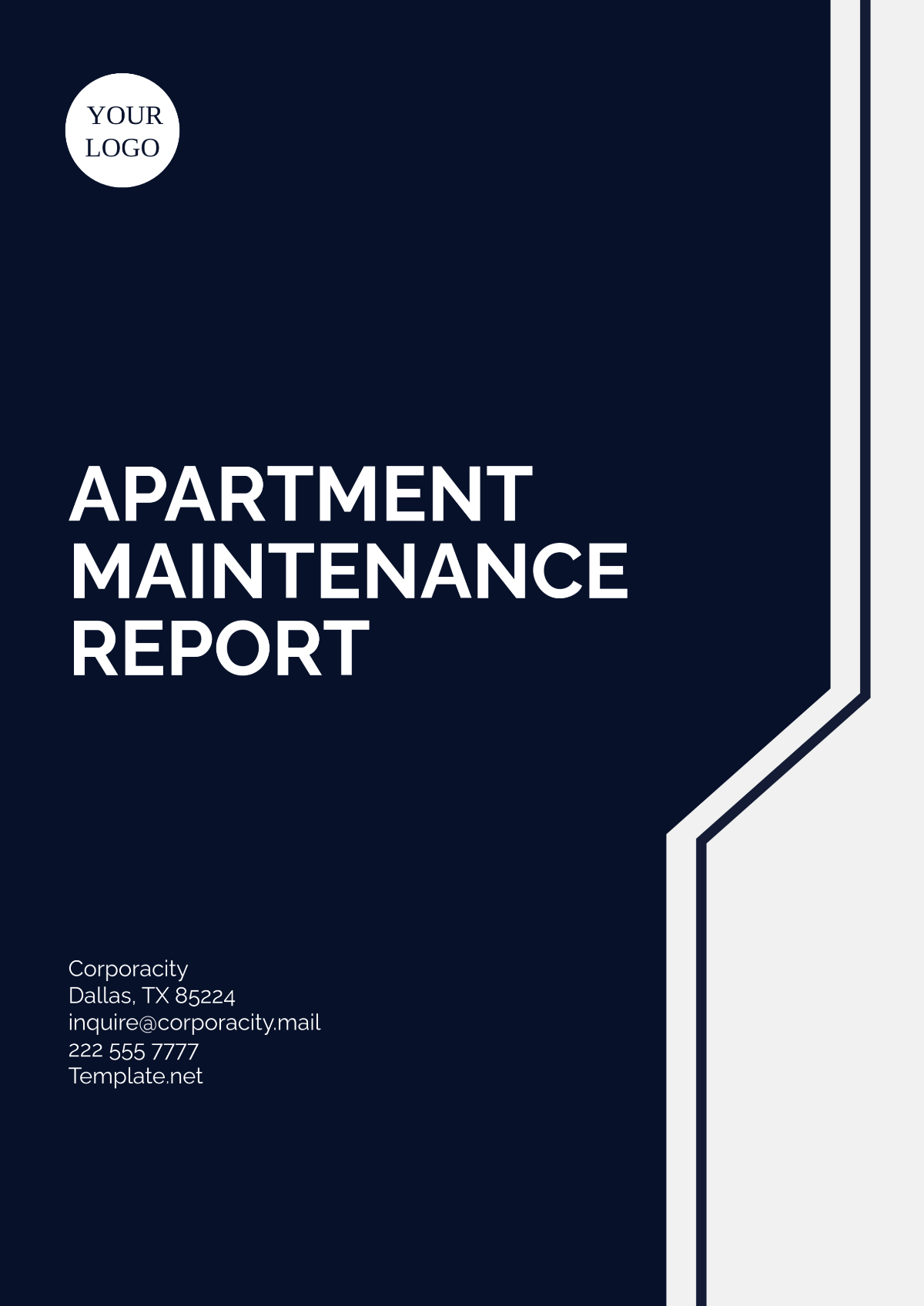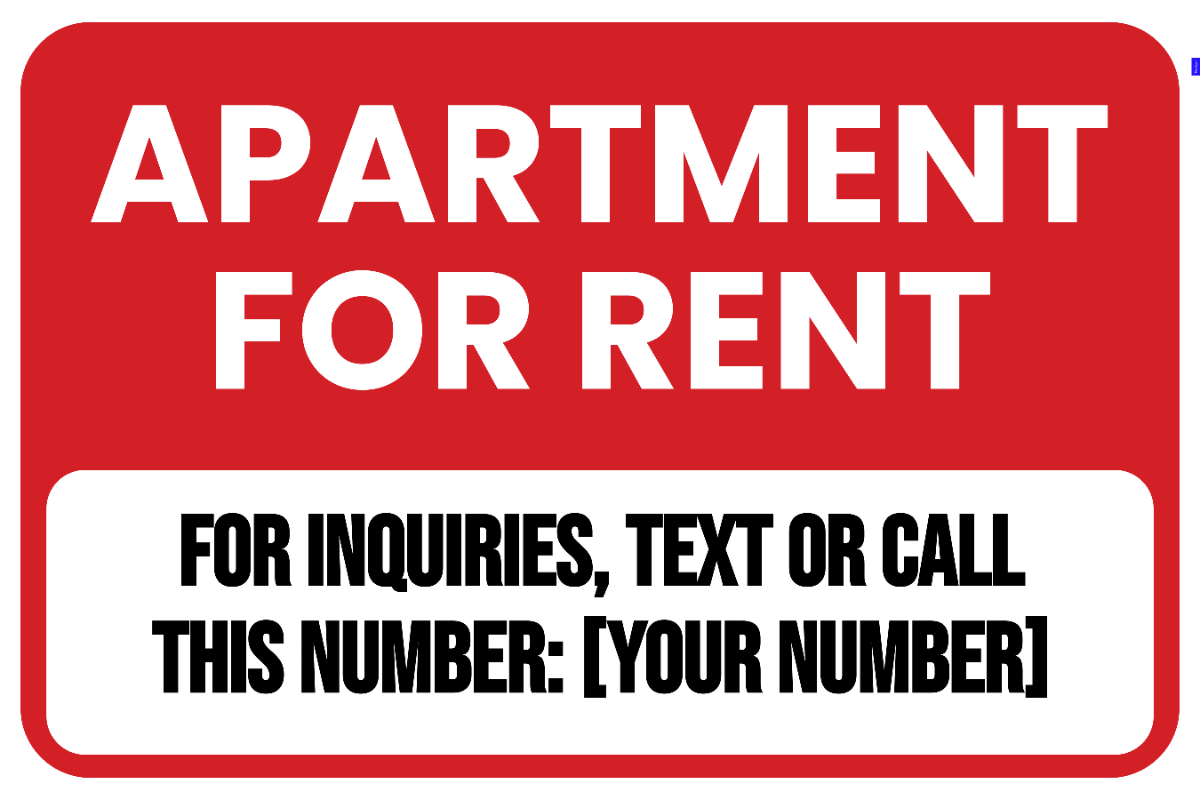Dormitory Rules
Prepared by: [Your Name]
I. Introduction
Dormitory rules and regulations are essential to maintaining order, safety, and a positive living environment for all residents. These guidelines address various aspects of dormitory life, including behavior, responsibilities, and procedures to ensure a harmonious community. The following comprehensive and structured set of rules will help foster a respectful and secure living atmosphere for everyone.
II. General Behavior
A. Respectful Conduct
Treat all residents, staff, and visitors with respect and courtesy.
Avoid disruptive behavior such as loud noises, shouting, or aggressive actions.
Maintain a friendly and inclusive attitude towards fellow residents.
B. Noise Levels
Keep noise to a minimum during designated quiet hours (e.g., 10 PM to 8 AM).
Use headphones when listening to music or watching videos.
Inform roommates or neighbors in advance of any planned gatherings or loud activities.
C. Cleanliness
Keep common areas, including kitchens and lounges, clean and tidy.
Dispose of trash and recyclables properly.
Report any maintenance issues or damages to the dormitory staff promptly.
III. Personal Responsibilities
A. Room Maintenance
Keep personal rooms clean and organized.
Dispose of personal waste and recycle it in designated bins.
Report any issues with room facilities (e.g., plumbing, heating) to the dormitory administration.
B. Personal Property
Secure valuable items and lock room doors when not in use.
Respect the personal property of others and do not borrow or use items without permission.
Label personal items with your name to avoid confusion.
C. Guest Policy
Obtain prior approval from the dormitory administration before inviting guests.
Ensure that guests follow all dormitory rules and regulations.
Accompany guests at all times while they are in the dormitory.
IV. Safety and Security
A. Emergency Procedures
Familiarize yourself with emergency exit routes and procedures.
Participate in fire drills and safety training sessions.
Report any suspicious activity or safety hazards to the dormitory staff immediately.
B. Fire Safety
Do not use open flames, candles, or incense in dormitory rooms.
Keep hallways and exit routes clear of obstructions.
Ensure that smoke detectors and fire alarms are functional and report any issues.
C. Security Measures
Lock doors and windows when leaving your room.
Do not prop open external doors or allow unauthorized individuals to enter.
Use the dormitory's security systems and follow protocols for maintaining safety.
V. Use of Facilities
A. Shared Spaces
Respect the designated usage times for shared spaces such as study rooms, laundry facilities, and recreational areas.
Clean up after using shared facilities and leave them in good condition for others.
Follow any additional rules specific to each facility, such as booking procedures or time limits.
B. Kitchen and Dining Areas
Clean up spills and messes immediately after use.
Label and store personal food items properly.
Follow proper food safety practices to prevent contamination and spoilage.
C. Internet and Technology
Use the dormitory's internet and technology resources responsibly and ethically.
Do not engage in illegal activities or access inappropriate content.
Report any technical issues or concerns with internet connectivity to the support team.
VI. Health and Wellness
A. Personal Hygiene
Practice good personal hygiene to maintain a clean and healthy living environment.
Dispose of personal hygiene products in the designated receptacles.
Respect the privacy and comfort of roommates regarding personal hygiene practices.
B. Health Issues
Notify the dormitory staff of any health issues that may affect others (e.g., contagious illnesses).
Follow any guidelines or protocols provided by health services or dormitory administration.
Seek medical attention when needed and inform the dormitory staff if you require special accommodations.
VII. Compliance and Enforcement
A. Rule Adherence
Familiarize yourself with all dormitory rules and regulations upon moving in.
Attend any mandatory orientation sessions or meetings related to dormitory policies.
Adhere to any updates or changes in the rules as communicated by the dormitory administration.
B. Disciplinary Actions
Understand that violations of dormitory rules may result in disciplinary actions.
Address any concerns or disputes through the appropriate channels, such as the resident advisor or dormitory administration.
Cooperate with investigations and resolutions of rule violations.
C. Appeals Process
If you disagree with a disciplinary action, follow the established appeals process.
Provide any relevant information or evidence to support your case.
Respect the final decision made by the appeals committee or administrative body.


















